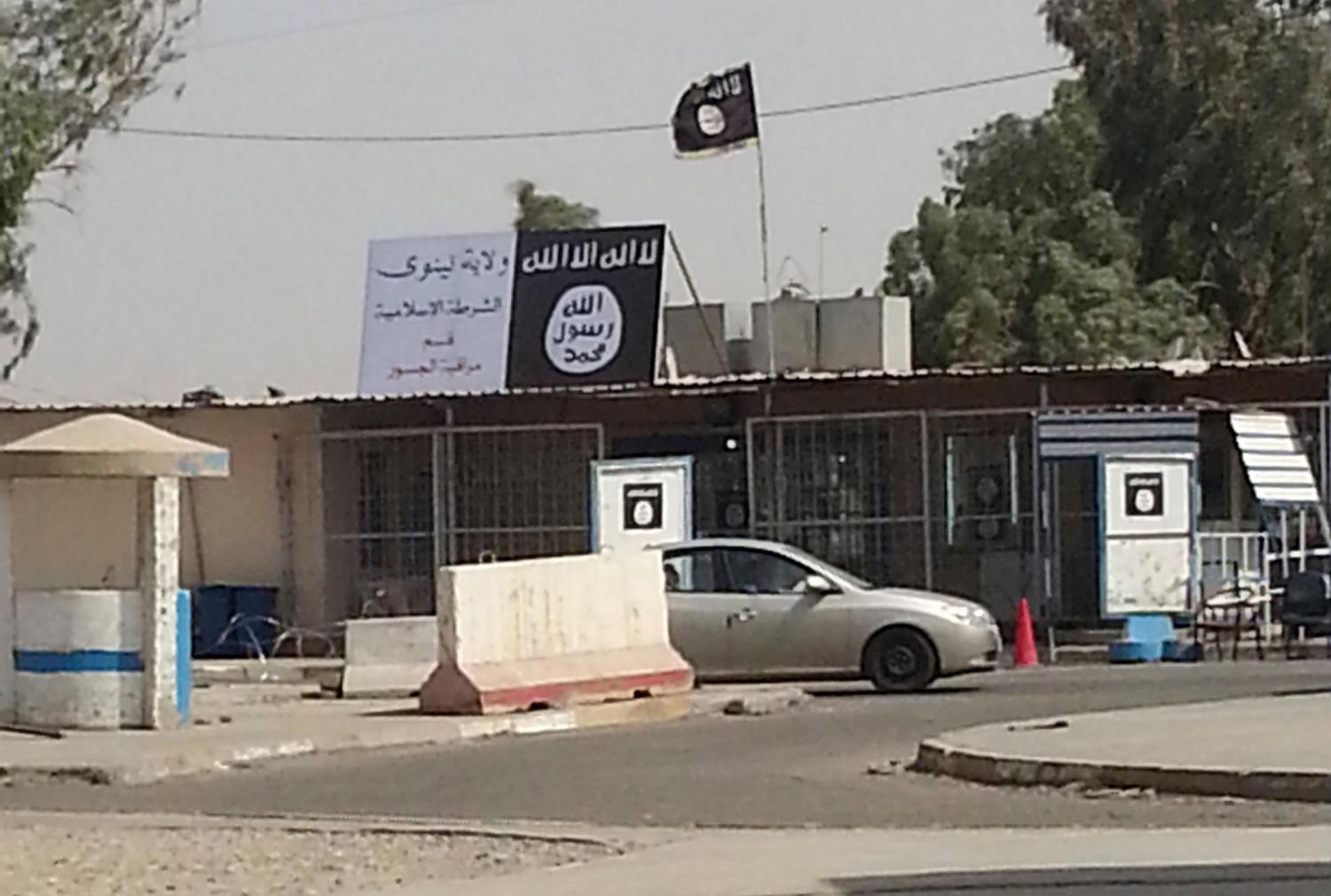Will McCants:
Graeme Wood’s article on ISIS in this month’s Atlantic touched off a national debate about the insurgent group’s uses and abuses of Islam. Over the next few weeks, we thought it would be interesting for scholars of ISIS and political Islam to think through some of the issues raised by Wood, giving him a chance to weigh in along the way.
First out of the gate was Jacob Olidort, who responded to Graeme Wood’s idea that “quietist” Salafis who do not engage in politics or warfare represent an antidote to violent, activist Salafi groups like ISIS on the basis that all Salafis—jihadi or not—share similar ideologies. Salafis are ultraconservative Sunni Muslims. Some Salafis engage in parliamentary politics and some engage in revolution (“jihadis” in their parlance). But most Salafis don’t engage in direct political action—earning them the appellation of “quietist” from Western academics.
Because quietist Salafis speak the same theological language as the jihadis but reject their violent activism, Graeme thinks they offer “an Islamic antidote to Baghdadi-style jihadism” (Abu Bakr al-Baghdadi runs the Islamic State). I’ve pushed a related idea in the past so I understand the appeal of Wood’s argument even though I’ve moved away from it. Such an approach would be akin to tolerating socialists to counter communists.
“Undercover jihadi” Mubin Shaikh responded next, writing that nonviolent quietist Salafis are a legitimate antidote to ISIS. Quietist Salafis, Shaikh argues, are better positioned than so-called “moderate” Muslims to persuade at-risk youth away from jihadism and terrorism.
Joas Wagemakers, who has written a whole book about the intersection of quietist and jihadi Salafism, argues that Western governments should be wary of engaging quietist Salafis to counter ISIS’s ideology. While quietists may provide an effective counternarrative to ISIS, they may also reinforce beliefs that are at odds with the governments’ secular values.
Joas Wagemakers: There are four reasons to be skeptical about this approach. Firstly, Western countries with (mostly) secular systems of legislation may not want to get involved in theological disputes, even indirectly, by employing or stimulating quietist Salafi scholars to counter the Islamic State’s ideology. This matter obviously brings up all kinds of complications from the perspective of the separation between church and state and one might therefore argue that governments should stay out of this altogether.
Secondly, Western or not, governments who involve themselves in religious affairs can create headaches for themselves. Quietist Salafi scholars are often viewed by their more radical brethren as lackeys to Muslim-led regimes that the Islamic State wants to overthrow, and direct government support of such scholars will most likely be interpreted as confirmation of this belief.
Thirdly, even if quietist Salafis can dissuade jihadis from radicalizing, the deep social conservatism of Salafis is at odds with what most people in Western societies believe. Governments should at least be aware of the fact that taking this approach comes with a price that they may not be willing to pay.
Fourthly, given the breadth and depth of the Islamic scholarly tradition, it is not very difficult for either quietists or jihadis to back up the irrespective claims. Put differently: “true Islam” – whatever that may be – is not as clear-cut or as easily deduced from the texts as we are sometimes led to think. In fact, as I have pointed out in an article on debates between quietist and jihadis, if one adopts the concepts, methods and basic assumptions of Salafism as a framework of reasoning, the radicals’ theological arguments may not come across as being quite as preposterous as some quietist Salafis would have us believe. Employing quietist Salafis to counter the Islamic State’s ideology may, therefore, actually convince some potential radicals of the merits of the Islamic State’s reasoning, rather than persuade them to abandon that way of thinking.
Editor’s Note: This is the third post in an ongoing series in which authors debate the philosophical and policy challenges posed by the confluence of Islam and politics. Read Part I (here) and Part II (here).
The Brookings Institution is committed to quality, independence, and impact.
We are supported by a diverse array of funders. In line with our values and policies, each Brookings publication represents the sole views of its author(s).





Commentary
Experts weigh in (part 3): Is quietist Salafism the antidote to ISIS?
March 19, 2015